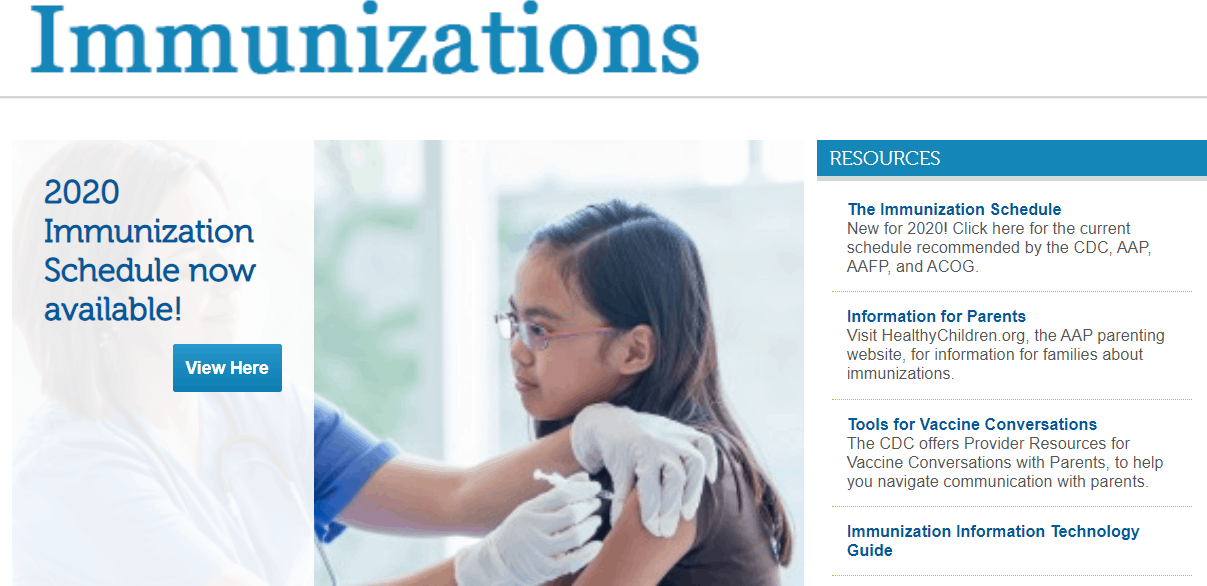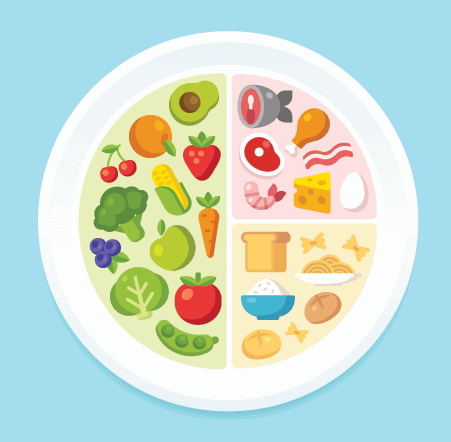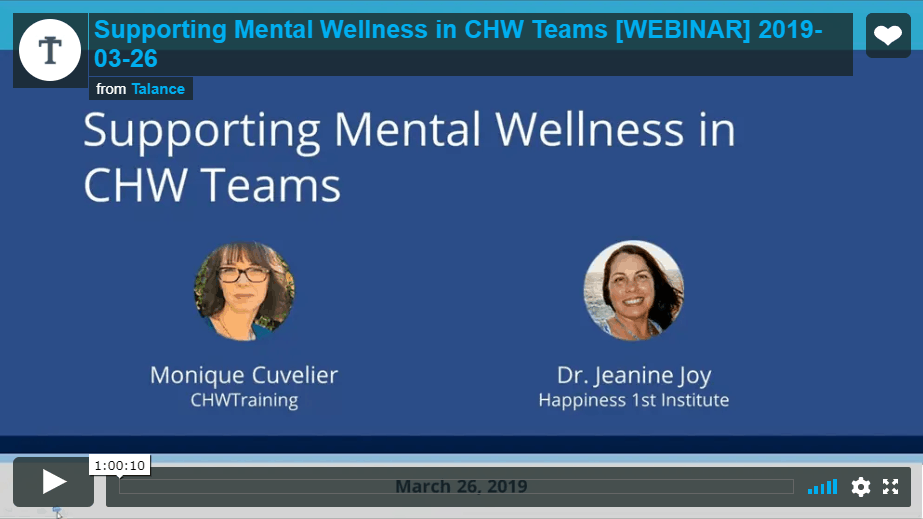Is your community health worker team studying or working from home? Try these free new skills to learn from home.
As we head into the next year of distance learning and remote work — which might be the new normal — you and your team may be feeling ready for re-energizing with new skills.
If you’re not sure what kind of training your CHWs need, start here with a full lesson of how to start assembling a community health worker team.
10 Skills You Can Learn from Home for Free (or Cheaply)
CHWs, promotores, and similar health workers have plenty of opportunities to upgrade their training for low or no cost. That might be building language skills, or want to build self-care skills to keep resilient, this list has options. Read on to find 10 valuable skills to start working on ASAP. No matter where you are.
- Try Meditation and Mindfulness Techniques
- Cope with Depression, Anxiety, and Stress
- Understand COVID-19 (and Help Prevent Misinformation)
- Sharpen Your Core CHW Skills
- Learn About Chronic Illness
- Get Informed About Immunizations
- Practice Motivational Interviewing interventions
- Hone In on Your Healthy Cooking At Home
- Brush Up On Hygiene Knowledge
- Pick Up A New Language
1. Learn Meditation and Mindfulness Techniques
Many people have found themselves in a dark place throughout the pandemic. Anxiety and depression are soaring and, with little distraction available, everyday stress can quickly escalate and take a toll on your health.
Relaxation and mindfulness are skills that can help you everyone in their personal and professional life — especially in times of uncertainty.
Mindfulness practices are a stress management tool that can deal with serious illness and reduce anxiety and depression, according to the NIH. These are helpful skills to pass on to clients, employees, and the people around you.
“The most important thing to know when starting a meditation or mindfulness practice is that there is no right or wrong way to ‘do’ it,” says Laura Wells, a facilitator and coach who works with individuals, teams, and organizations to increase focus and build compassionate leadership.
“It is simply about learning to relax into the present moment — there’s nothing we have to, or can, ‘do’ to make the present moment happen. This is about allowing the space for a minute or two or five to not be in charge of what’s occurring. Simply breathing and bringing attention to what is already here in our experience.”
2. Cope with Depression, Anxiety, and Stress
As you likely picked up by now, mental health during covid is kind of a big deal. Nearly everyone is feeling depression, anxiety, and stress right now, so it helps you and anyone you work with if you can pick up stress management skills. Start by recognizing the symptoms of depression from the National Institute of Mental Health.
Then what to do if you see them in yourself or in another. This guide will help you understand when it’s time to make a behavioral health referral.
Supervisors and program managers supporting a community health team with limited resources can easily feel overwhelmed. You have to think about self-care strategies to share, how to help them control stress, and spot signs of burnout and compassion fatigue.
Sign up for Supporting Mental Wellness in CHW Teams, a free on-demand session on improving your team’s mental wellness, identify signs that an employee is at risk for depression, anxiety, or secondary trauma, and show you how you can help your team improve their personal and professional lives.
3. Understand COVID-19 (and Help Prevent Misinformation)
If you’re looking to learn more about coronavirus, then the WHO is the place to start for any health professional. The OpenWHO Massive Online Open Courses for COVID-19 provide learning resources for health professionals, decision-makers, and the public. As the pandemic continues to evolve, new resources will be added, additional language versions will continue to be rolled out, and existing courses will be updated to best reflect the changing context.
Looking for easy access to resources? Have a look at The Definitive Guide to the Coronavirus for CHWs for free downloads.
Related: What Can You Do After Your COVID-19 Vaccine? The CDC Just Released New Guidelines.
4. Sharpen Your Core CHW Skills
As a CHW, keeping your skills sharp and your training up to date is key in giving your community the care that they need. Luckily, it’s easy to update your CHW training online. Check out:
- Top 5 Ways To Assess CHW Skills and Core Competencies
- Setting CHW Learning Goals
- 12 Skills To Build a CHW Career
- How To Train Your Team to Be CHWs and Steps for Success
5. Learn About Chronic Illness
CHWs are vital to successfully managing and avoiding chronic illnesses such as diabetes, heart disease, breast cancer, and cervical cancer. Since CHWs are health brokers who can connect providers with communities, take some time to learn more about the chronic diseases in your community and how CHWs can help.
If you’re a program manager or administrator new to CHWs, do some deep reading on building the policies and systems that support CHWs to see how they fit in with your organization. Start with the excellent document “Addressing Chronic Disease Through Community Health Workers: A Policy and Systems-Level Approach,” (PDF) from the CDC. Then take some time to watch Examining Community Health Worker Models in Managing Chronic Conditions.
If you’re a CHW, you can learn how chronic illness and mental health are closely linked. This video Ask an Expert – Depression and Chronic Illness Webinar (1:19) explores the relationship between depression and Nephrotic Syndrome, specifically, but the topic relates to people living with many chronic diseases.
CHWs can also save on CHWTraining’s chronic illness bundle. It helps you master working with clients with breast cancer (Breast Cancer Screening), cervical cancer (Cervical Cancer Screening and HPV), Diabetes and Prediabetes, and High Blood Pressure (Hypertension). Along the way, you’ll learn how to screen for disease, talk to clients, and connect to resources in your agency and community.
6. Get Informed About Immunizations

Parents and individuals are too reluctant to get vaccines, thanks in part to widely-spread misinformation. Patient education is an important way to let people know that vaccinations have an excellent safety record and are an important part of preventing serious diseases.
The AAP is an excellent resource for educating parents and any individual on immunizations. It includes the recommended immunization schedule, information for parents, and communication tips for the conversations you’ll have with parents.
Especially as COVID vaccines become widely available, it’s important to understand their differences, risk factors, and benefits against the coronavirus. You can learn more by clicking COVID-19 vaccines (WHO) and COVID-19 Vaccines (CDC).
7. Practice Motivational Interviewing interventions
Motivational interviewing (MI) is a technique you can use to help people discover their own reasons for positive change in a non-confrontational way. It was originally developed as a way to help people quit smoking, but MI techniques can be used for helping people make any kind of behavioral change.
Demonstration and practice are the best ways to learn and improve your MI skills, so spend some time reviewing some sample intervention videos, such as these:
- Motivational Interviewing (MI) for Addictions, PsychotherapyNet
- Advanced Motivational Interviewing: Smoking Cessation, Advanced Motivational Interviewing for Clinicians
- The Effective Pharmacist: Motivational Interviewing Demonstration, Produced by University of Florida Department of Psychiatry. Funded by Flight Attendant Medical Research Institute Grant #63504 (Co-Pls: Gold & Merlo)
8. Hone In on Your Healthy Cooking At Home

Nutrition and health are closely related, from a healthy diet helping children grow up to avoid chronic diseases to managing—and maybe even reversing—conditions like diabetes. Learning healthy cooking is an excellent skill you can pass on to your clients and your own family.
Try My Doctor – Kaiser Permanente, which has many how-to videos, ranging from short-and-sweet lessons, like Add Flavor Without Salt (2:33) for hypertension, to Tips for Cooking Healthier (2:01), to in-depth webinars like Fresh Food Ideas (1:01:00) for parents.
If you prefer reading, a few must-have resources include Taste of Home, Real Simple, and What’s Gaby Cooking.
9. Brush Up On Hygiene Knowledge
As we now know, proper hygiene is key in disease prevention, including coronavirus and many more common viruses and infections.
Now’s the time to get serious about at-home hygiene.
Here’s what to know about Running Essential Errands (CDC).
10. Pick Up A New Language
Communication is a key skill for CHWs, and being able to speak and understand more than English helps. Learning a foreign language, such as Spanish for English-speakers or English for Spanish-speakers, is a great way to unlock better employment options and connect clients to resources.

Smartphone apps like Duolingo are great vocabulary builders, and you can do them whenever you have a few free minutes. Another fun one is Lirica, which matches language with pop music. It takes the music from such musicians as Enrique Iglesias and turns it into Spanish vocabulary and grammar lessons.
What Skills Are You Working On?
Whenever you’re feeling unsure and anxious about the things you can’t control, it can be helpful to focus on the things you can control, such as your education. Plus, as a CHW, keeping sharp is key in providing the best service to your clients and patients.
All in all, this seems to be the perfect time to think about new skills to better market yourself, level up your career, or simply keep yourself occupied.
Originally published March 20, 2020, updated March 12, 2021.




